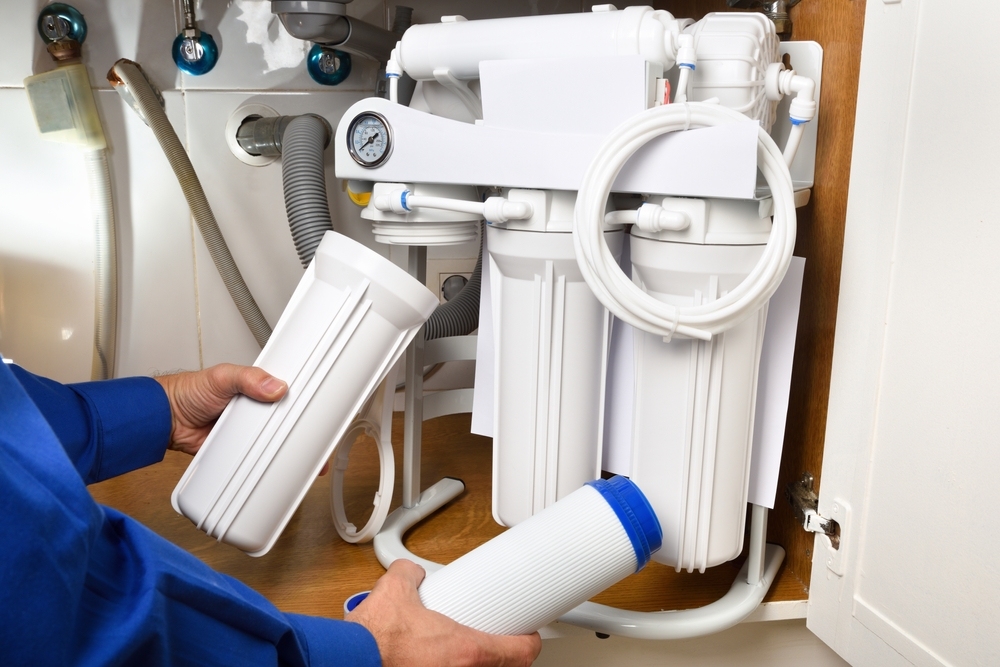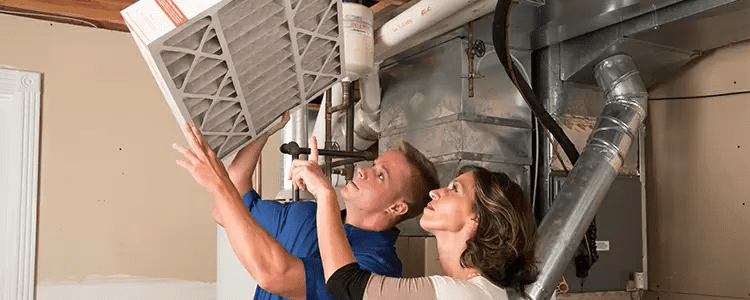Blog
How long do water heaters last?
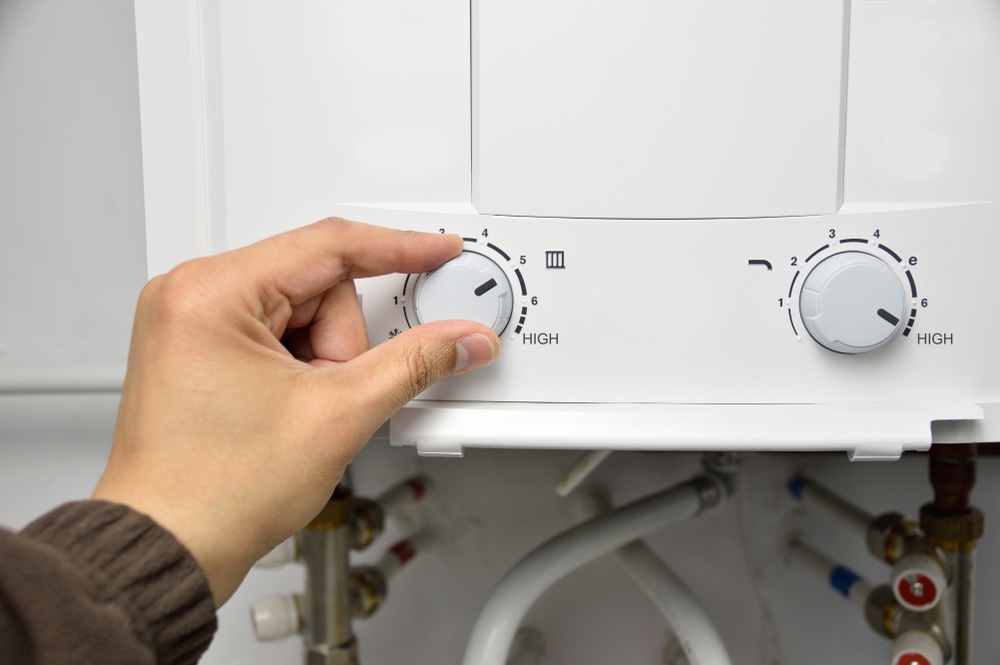
Why is it so important to know the lifespan of your water heater? Many homeowners in Greenville, South Carolina, expect their system to last indefinitely and give little thought to their lifespan. But knowing how many years of service they can expect can help them avoid the inevitable breakdown and plan for replacement.
Adopting a proactive approach can prevent sudden breakdowns and costly water damage. Just as importantly, they can help you avoid unexpected cold showers! This is especially important in the Upstate area, where water heaters are prone to natural corrosion, and in downtown Greenville, where older plumbing systems are still prevalent.
Types of Water Heaters and Their Average Lifespan
For homes in Greenville, the choice typically comes down to a traditional tank vs tankless water heater. Although both perform the same basic function of heating water, they have notable differences in terms of efficiency, longevity, and maintenance requirements.
Traditional Tank Water Heater
Traditional tanks typically last between eight and 12 years. These systems heat and store a certain amount of water, which makes them more prone to wear due to the constant heating and mineral buildup. 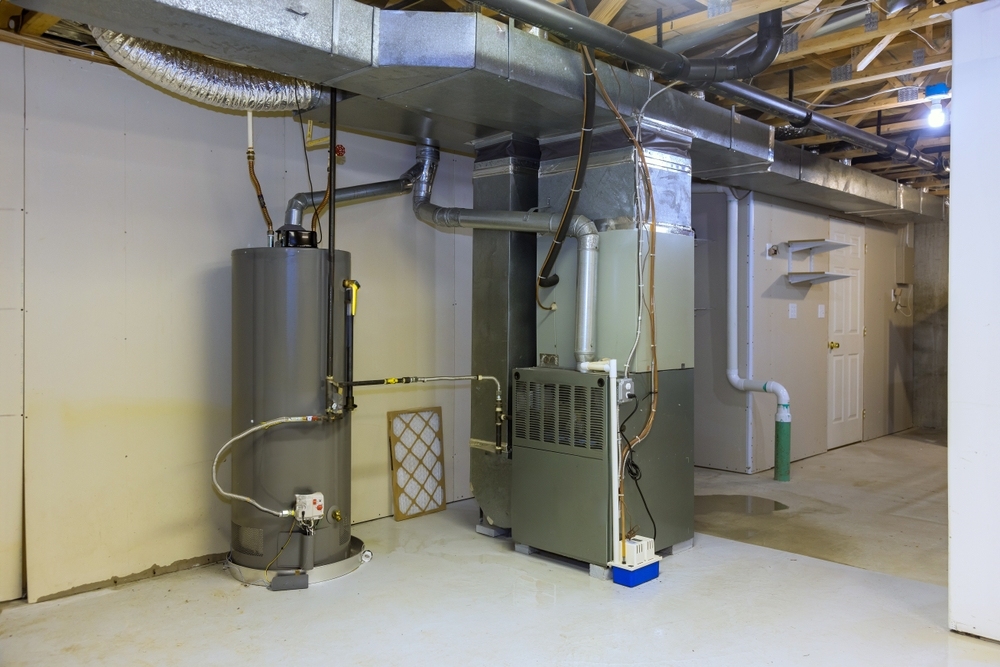
Tankless Water Heater
In contrast, tankless water heaters heat water on demand. Because they don’t store hot water, they take much longer to corrode and accumulate sediments. Appropriately maintained, they can last from 15 to 20 years or even longer.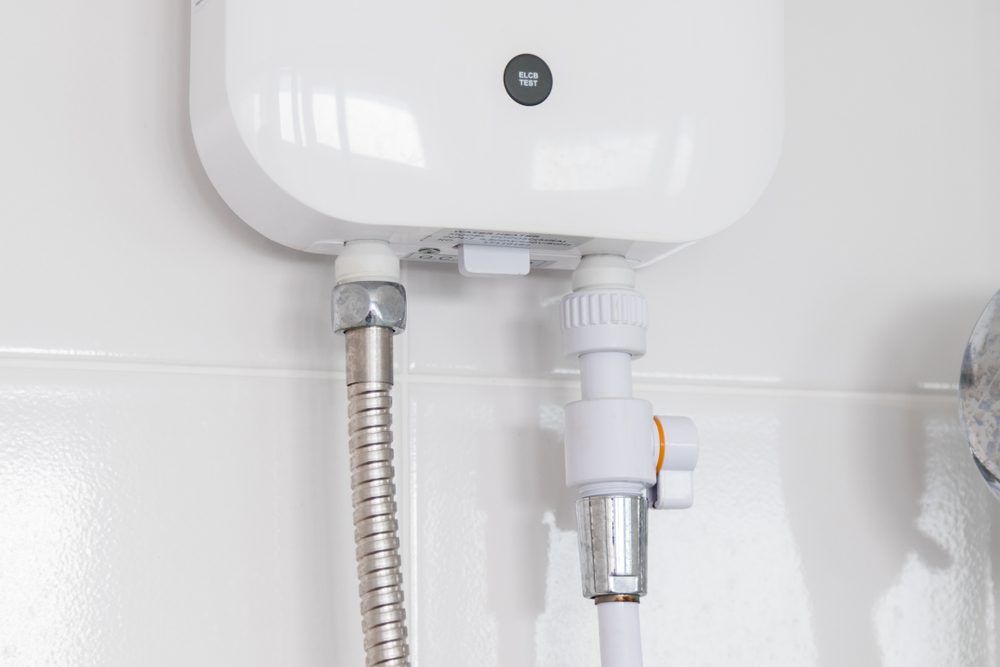
Gas vs. Electric Water Heater
When comparing gas vs electric water heater systems, consider their efficiency and operating cost. Hybrid, heat pump, and solar water heaters tend to be more advanced systems that can outlast standard models.
Admittedly, these systems require a higher initial investment. But their longer lifespans and improved efficiency make them better long-term options, particularly for homes in the West End, where corrosion and condensation are common issues in historic or reused buildings. They are also ideal for homes on North Main, many of which have aging pipes.
Factors that Affect Water Heater Lifespan
Many factors determine how long your water heater will perform reliably. These include:
- Quality of the unit and brand reputation: Well-built models from trusted manufacturers can generally be relied upon to provide long years of consistent service
- Water quality: Hard water is loaded with minerals that settle in the tank. These can accelerate corrosion, reducing the system’s lifespan
- Frequency of use: Larger households usually have higher hot water demands. The increased strain on the unit can speed up wear
- Maintenance: A regular system of maintenance should include flushing out sediments, checking the anode rod, and descaling the components. These steps can help prevent early failure
- Installation quality: Units should be installed by professional heat pump installers and certified electricians. When installed according to code, they are less likely to develop leaks or operate inefficiently
Signs Your Water Heater May Need Replacing
As much as we would like them to, even the most dependable water heaters won’t last forever. This is often the case with homes along Augusta Road, as most of them employ varied plumbing standards. It’s also a common problem on the Eastside, which frequently experiences fluctuating water pressure and issues related to older service lines.
Recognizing the warning signs of a failing water heater helps you schedule a replacement before the problem escalates. Here’s what you should look out for:
- Age: When a water heater nears the end of its expected lifespan, it’s often preferable to replace the unit rather than repair it
- Rusty or brown-tinted water: This almost certainly means that corrosion has set in. When this happens, there is an increased risk of water contamination
- Unusual noises: Knocking or rumbling sounds often indicate excessive sediment build-up in the tank
- Leaks: Even a small leak can cause significant water damage, especially when it occurs around the heater base
- Inconsistent temperature: Fluctuating or lukewarm water commonly indicates failing components
- Rising energy bills: Along with a drop in efficiency comes a corresponding increase in energy bills as the system works harder to maintain performance
- A professional heat pump service or water heater inspection can confirm whether a repair will extend the unit’s life or if replacement is the better long-term solution
Ways to Extend the Life of Your Water Heater
Prevention is always better than a cure. There are many ways to keep your system performing efficiently and extend its lifespan:
- Annual maintenance: A water heater specialist will flush the sediments from your tank, inspect the anode rod, and clean the heating components.
- Install a water softener: In communities where hard water is an issue, it may be necessary to install a water softener.
- Adjust thermostat settings: You don’t always have to run your system on ‘high’. If you can lower the temperature slightly without compromising personal comfort, you can reduce stress on your system.
- Insulate the tank: This will prevent heat loss and minimize cycling that causes wear and tear.
- Schedule professional inspections: Remember to schedule routine checks to help identify potential issues early.
Why Trust Corley Pros for your Water Heater Needs
Professional plumbing services make all the difference in extending the life of your system and maintaining its efficiency. Remember that tank water heaters typically last eight to 12 years, while tankless models last from 15 to 20 years. But even with proper care, issues with heating and electricity can occur. That’s why it’s crucial to have a plan for periodic inspections and maintenance.
Corley Plumbing, Air & Electric has provided expert installation, maintenance, and replacement services for decades. We have a team of well-trained and highly experienced professionals that can handle everything from water heater installation to testing gas valve safety checks.
We help prevent hazards while keeping your systems running efficiently. Our experienced technicians can even provide expert guidance on whether repair or replacement offers the best long-term value. If you’re interested in the benefits of tankless water heater upgrades or want to switch to a tankless water heater, we’ll be happy to guide you through the entire process.
From residential setups to hybrid systems that incorporate heat pump technology, we ensure that every project meets local codes and delivers optimal performance. Contact Corley Plumbing, Air & Electric today to schedule expert maintenance, replacement, or consultation and keep your home’s hot water running all year round.
Frequently Asked Questions
Look for the serial number on the manufacturer’s label. The first digits usually indicate the year and month of production. Corley technicians can also verify the date of manufacture of most commercially available systems.
Don’t wait for your system to fail completely. At the first sign of trouble, such as reduced performance, unusual noises, or rust-colored water, call in a Corley specialist for prompt diagnosis.
Modern heater designs use improved materials and more efficient heating elements. Most also offer better corrosion protection, which makes them last longer.
If the unit is near the end of its expected service life—10 years for tank systems or 18 years for tankless systems—replacement is probably the more cost-effective option.



